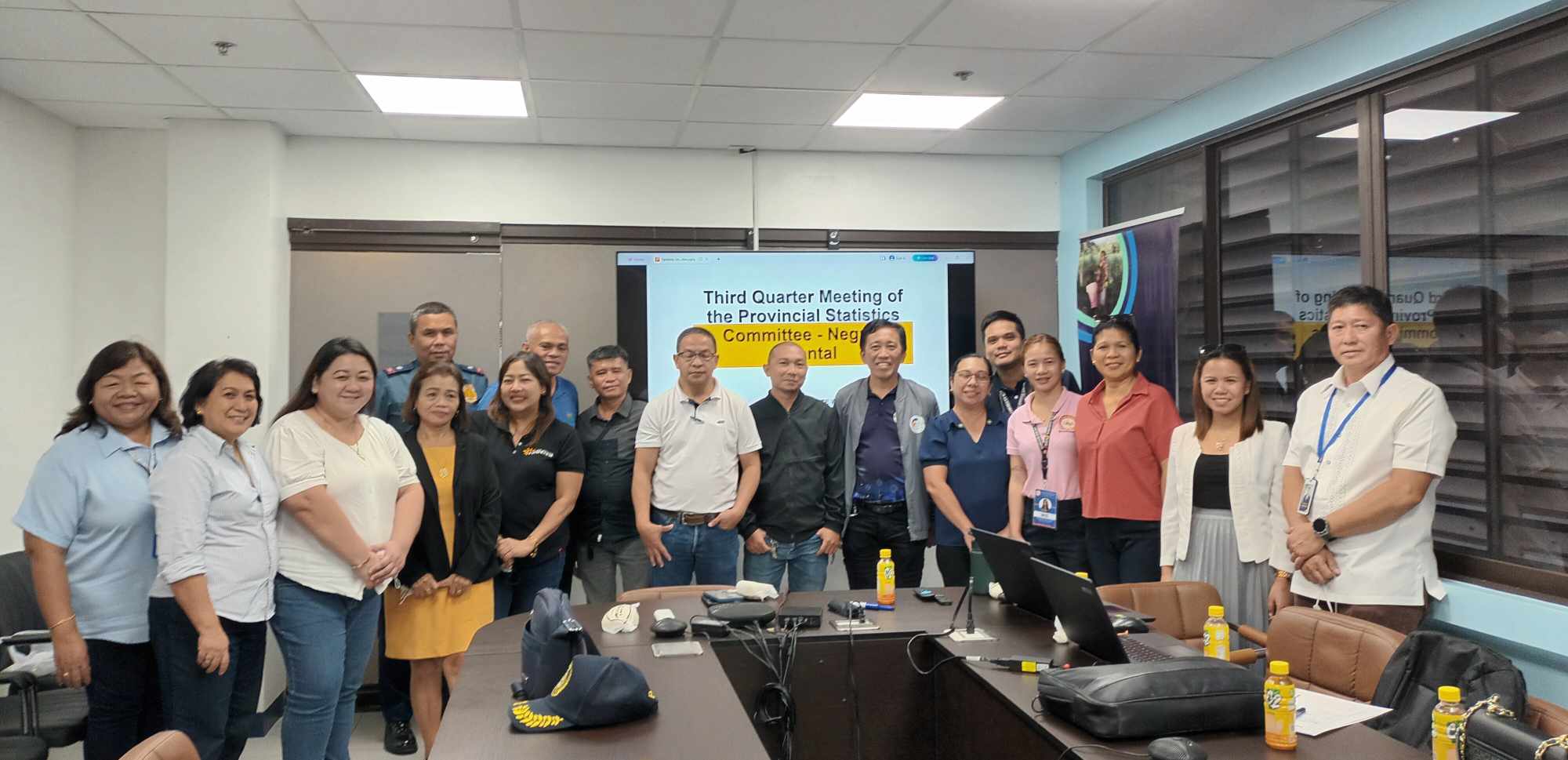DUMAGUETE CITY, Negros Oriental, Sept. 6 (PIA) -- The Department of Trade and Industry (DTI) and the Department of Agriculture (DA) in Negros Oriental are hoping that more local rice retailers and traders will comply with the Executive Order 39 issued by Pres. Ferdinand “Bongbong” R. Marcos Jr. following the national government’s announcement to provide them with financial subsidy to cover their profit losses.
EO 38 mandates a price ceiling for regular milled rice which is at P41 per kilo and P45 per kilo for well milled-rice.
DTI Provincial Director Nimfa Virtucio said the President’s new order is a temporary measure to address the rising cost of rice and help the consumers buy rice at an affordable price.
Virtucio added that the government is aware that the President’s order affects rice retailers who have previously bought their stocks at higher price from their suppliers.
“This is just a temporary solution kanang subsidy. We are expecting na mobarato ang presyo sa rice after the harvest season and pag-abot sa importation. Dili tagaan og subsidy kato wala mamaligya og well milled and regular milled kay ang subsidy para ana nga presyo na dili sila makabaligya lagi kuno og P41 ug P45 kay mahal na daan ang palit (We are expecting that the cost of rice will go down after the harvest season and when the imported supply arrives. The subsidy is intended for retailers who will sell regular milled and well-milled rice at P41 and P45 per kilo, which they say they cannot do because they have already bought their supply at a higher cost. Those who will not comply with this will not be eligible for subsidy),” Virtucio explained.
The DTI in Negros Oriental has instructed its Negosyo Center business counsellors in cities and municipalities to monitor the current prevailing market prices of rice and profiling of rice retailers and traders.
Virtucio said the financial subsidy for the affected rice retailers will be distributed by the Department of Social Welfare and Development (DSWD) since the DTI and DA are not allowed to provide assistance in form of cash.
The amount of subsidy will vary depending on the difference between the mandated price ceiling and the actual price of rice bought from their supplier.
EO 39 has been in full effect starting Sept. 5, 2023.
According to Mary Ronvilla Aba, focal person for DA’s high value crops program in Negros Oriental, the government is carefully looking out for the interest of the consumers, rice retailers, and farmers.
“We are also one with the retailers because ang atong government acknowledge gud na na-affected ang retailers sa bugas. Dili man nato ma win ang both sides. Naa gud ta disadvantages. Mao na gi-weigh sa government (We are also one with the retailers because the government acknowledges that they will be affected. We may not be able to win both sides but the government is weighing everything),” Aba said.
“Sa na part sa mga farmer, to produce a kilo rice naa sa mga P12 to P15 per Kilogram ang ila magasto. Kung ato i-convert ug kung magpresyo ta P41 sa regular milled rice, igo ra jud makahatag pod og profit sa mga farmer (For the part of the farmers, the cost to produce rice is at P12 to P15 per kilogram. If we convert that and peg it at P41 for a regular milled rice that is enough to give profit for the farmers),” said DA Rice Program Coordinator Dana Mae Sampilo.
Both DA and DTI have started conducting price monitoring activities in different markets in Negros Oriental in line with the President’s order to ensure the compliance of retailers on EO 39.
However, as of Sept. 6, only one retailer in Negros Oriental have complied with the said order.
Even though EO 39 does not carry penal provisions, RA 7581 (Price Act), which was the basis of EO 39, imposes penalties for hoarding, cartel, and profiteering.
Violators of EO 39 could face the same penalties if they are found non-compliant to the said order.
Virtucio clarified that DTI and DA will submit the names of non-compliant establishments to the Philippine National Police (PNP), which will then enforce the penalties.
However, the officials from DTI and DA here hope that it will not reach to a point where they have to penalize a business establishment, especially since the government is providing a subsidy mechanism to encourage them to sell rice at P41 and P45 per kilo.
Virtucio said they are still giving time for retailers to comply with the said order, while informing them about the subsidy. (RAL/PIA7 Negros Oriental)



